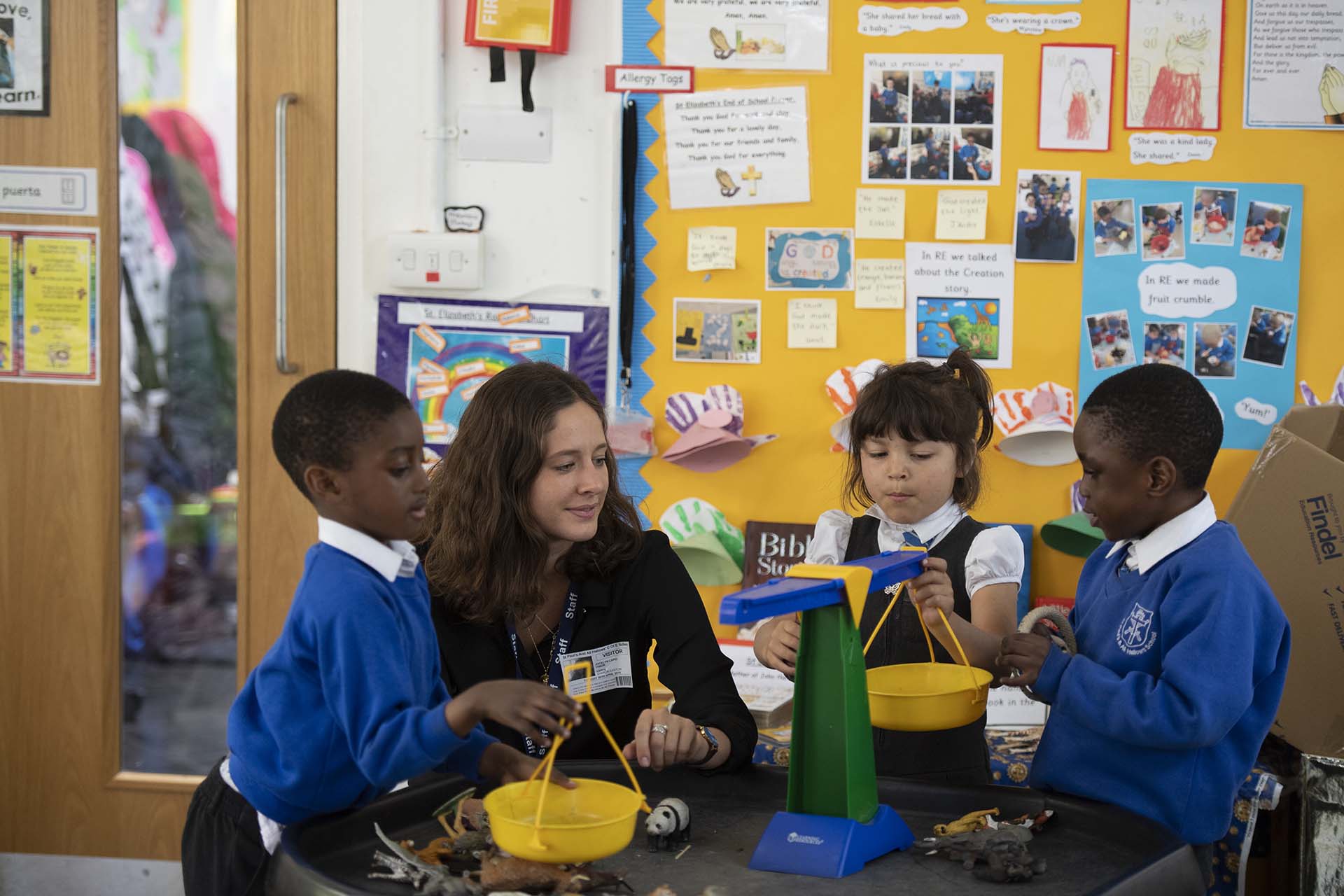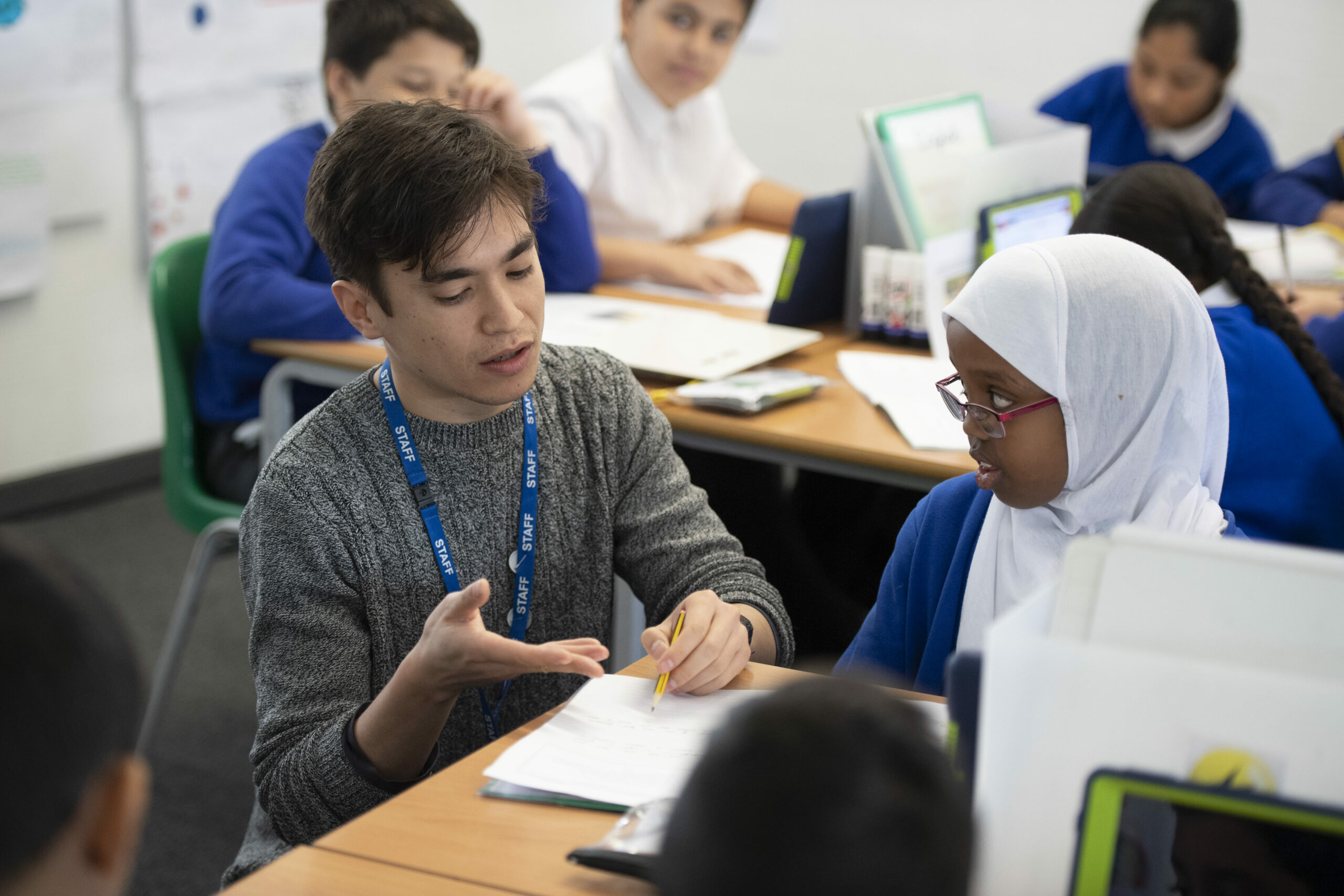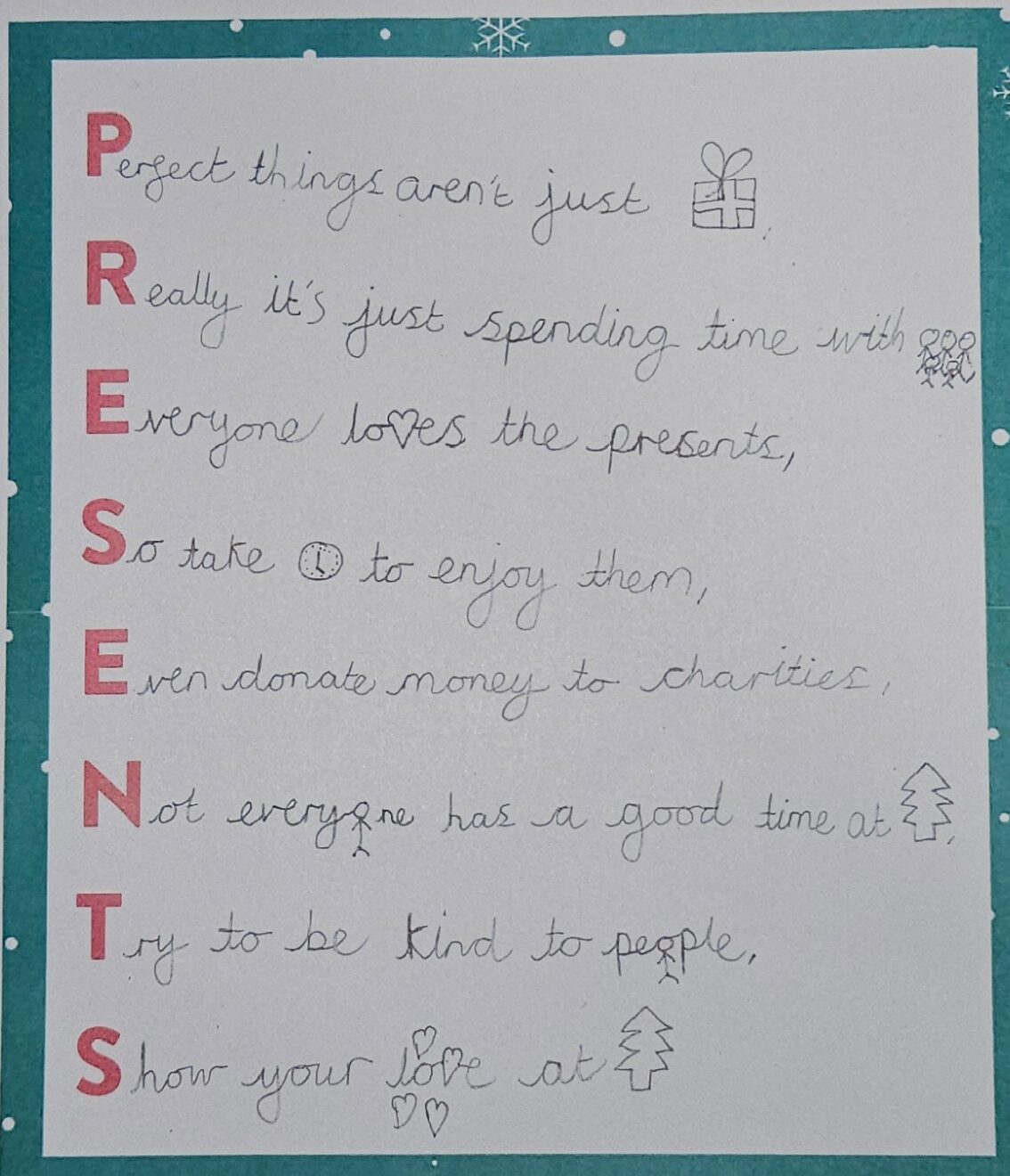Online safety: How can you start the conversation?
This Online Safety Day, Vision Teaching’s Head of Compliance and Safeguarding Lead, Keya McKenzie, reminds us of the importance of talking to young people about staying safe online.

Keya McKenzie Head of Compliance, Safeguarding Lead
As Online Safety Day commences, it’s a good time to remind ourselves of what it is and what it includes. Here at Vision Teaching we are proud of making sure the work we carry out focusses on the safeguarding and protection of children. As Head of Compliance and designated Safeguarding Lead, it is my pleasure to share with you information about online safety for children.
Internet access has become an integral part of today’s society, which is why talking about online dangers is even more important than ever. Lockdown especially has seen a boom in online learning, and the overall use of technological devices, being one of the main forms of continuing to educate children in some parts of the world. With technological advances occurring each day to keep up with demands, the information below helps to refresh our memory on how to promote online safety to children.
Help them to understand that a digital footprint is left behind every time they access the internet.
What is this day about?
Online safety refers to the act of staying safe online. It is also commonly known as internet safety, e-safety and cyber safety. The internet is a daily part of most people’s lives, so here at Vision Teaching we are in full support of providing some guidance to our staff members and parents on keeping children safe online. In a nutshell, online safety is there to ensure we protect children when they are online and teach them to keep themselves safe in the future.

How can adults start the conversation?
If you’re wondering how to start this conversation with your child, this information from the NSPCC is useful. Read it here: https://www.nspcc.org.uk/keeping-children-safe/online-safety/#guides
A simple and straightforward way to promote online safety to children would be to have an open discussion with them on why it is important.
Some points to include are:
- Help them to understand the fact that a digital footprint is left behind every time they access the internet
- To never go to meet a stranger that they have met online
- To never share personal information online e.g., name, address etc.
- To never share personal data, e.g. passwords, bank details etc.
- Do not click on or download anything they are unsure of/ looks suspicious
Adults can:
- Set up internet filters (e.g. set which videos your child can watch on YouTube)
- Set up parental controls on devices
- Use the internet as a reward system for good behaviour and proven safe internet usage
- Monitor social media accounts by having access to passwords (e.g., TikTok)
- Set up break times and limits on usage
- Use well-being apps (e.g. https://www.headspace.com/meditation/kids)
The NSPCC currently has a petition running to ‘Ask the government to keep children safe online’. Click the link below to sign the petition and make a difference: https://e-activist.com/page/90219/petition/1?ea.tracking.id=Webpage
Resources for children
- https://www.childline.org.uk/info-advice/bullying-abuse-safety/online-mobile-safety/online-grooming/#
- https://www.childline.org.uk/info-advice/bullying-abuse-safety/online-mobile-safety/staying-safe-online/
- https://www.childnet.com/help-and-advice/parents-and-carers
- https://www.childline.org.uk/toolbox/coping-kit/
- https://www.bbc.co.uk/bitesize/topics/zj8xvcw/articles/z9r72hv#zyf8d2p
Resources for professionals
- https://library.nspcc.org.uk/HeritageScripts/Hapi.dll/retrieve2?SetID=A70A05A5-D969-41F6-B565-2DC809D8AF29&DataSetName=LIVEDATA
- https://www.bbc.co.uk/programmes/p025lqs5
- https://www.thinkuknow.co.uk/
Read next:
We understand that your pupils’ wellbeing is your number one priority. It’s ours, too! Read about our procedure to keep your school safe.
Other Posts...

The Power of Positivity in the Classroom: Unlocking Potential for Success
17th February 2025
Read More




